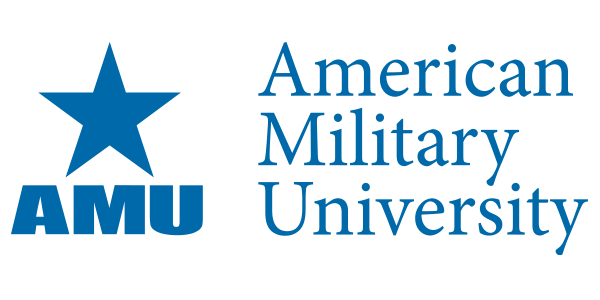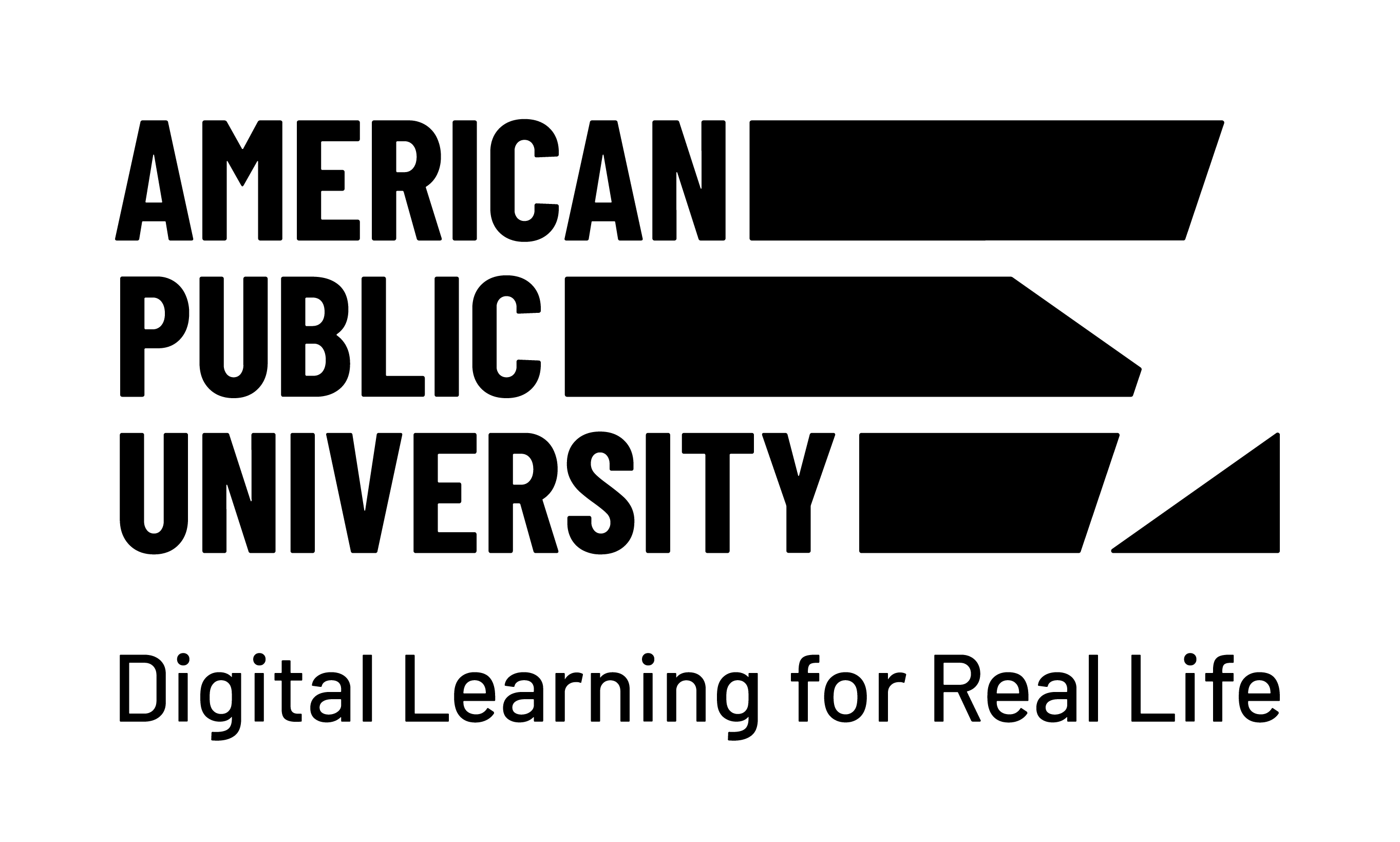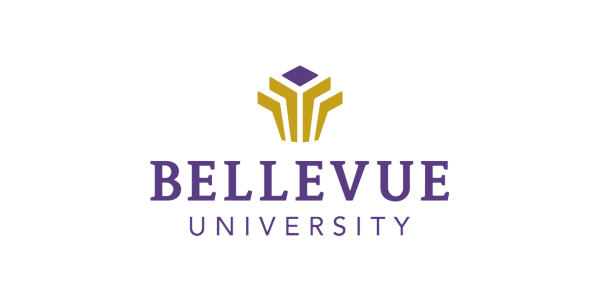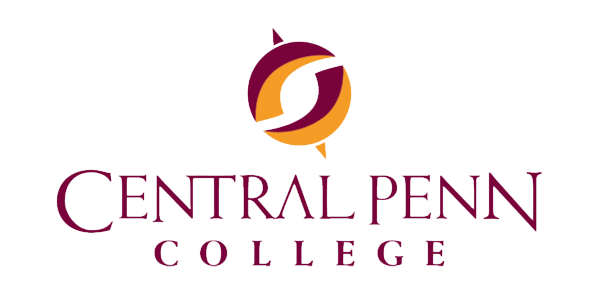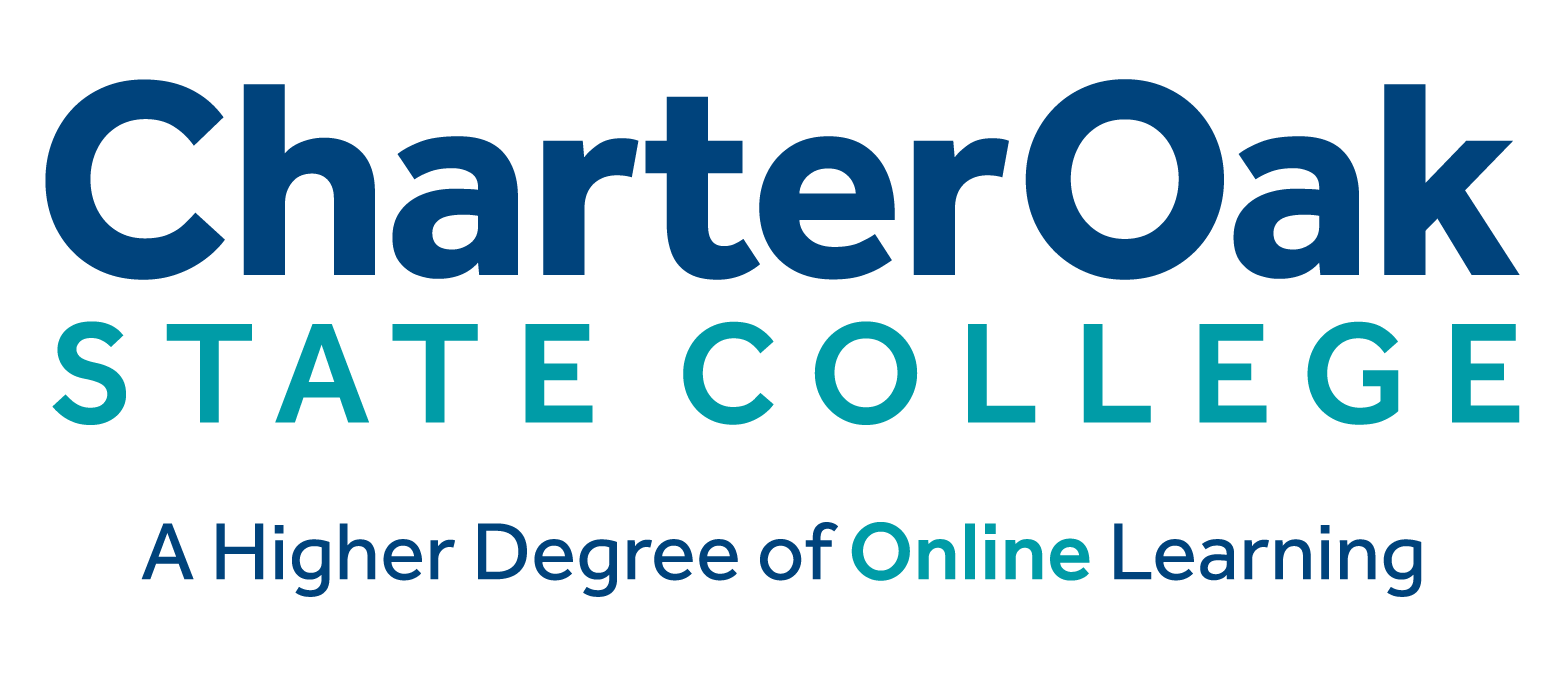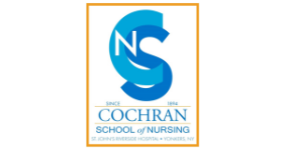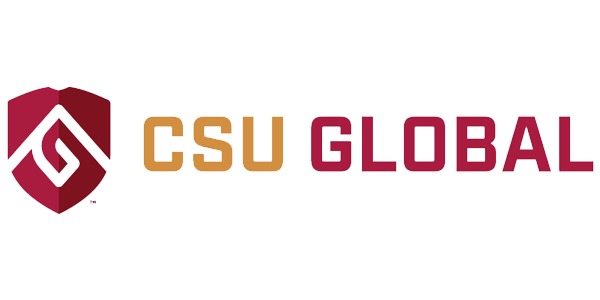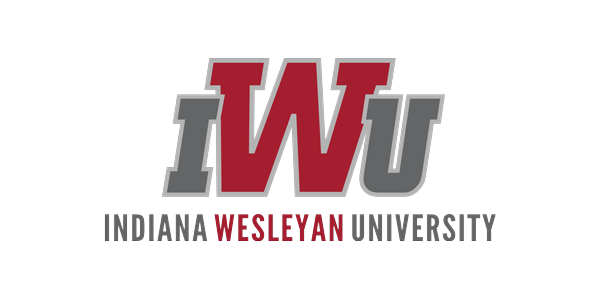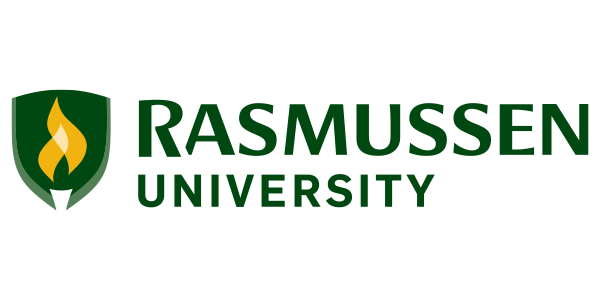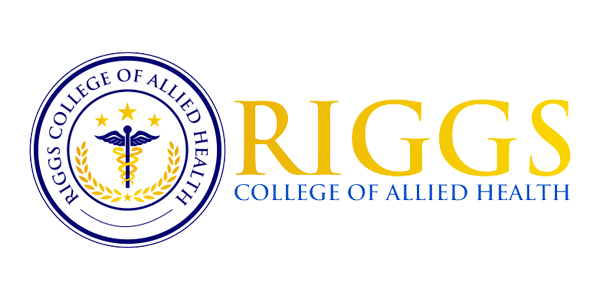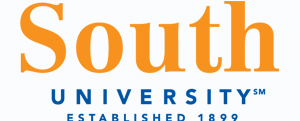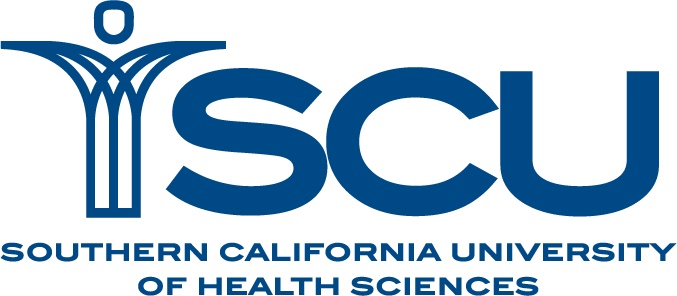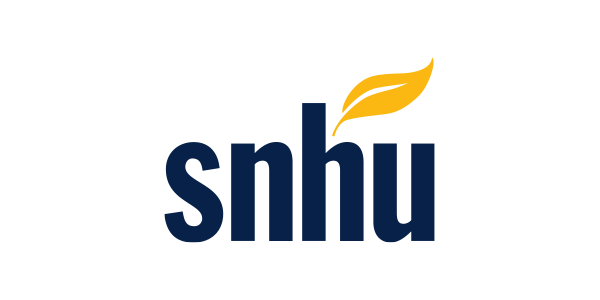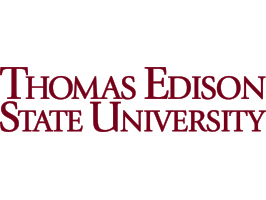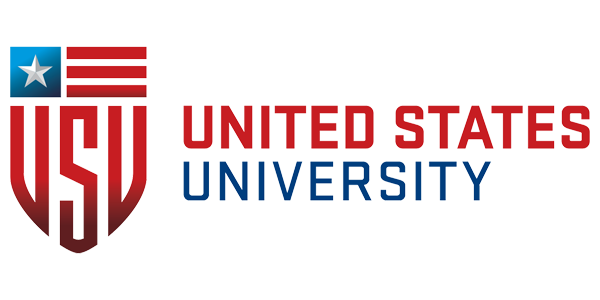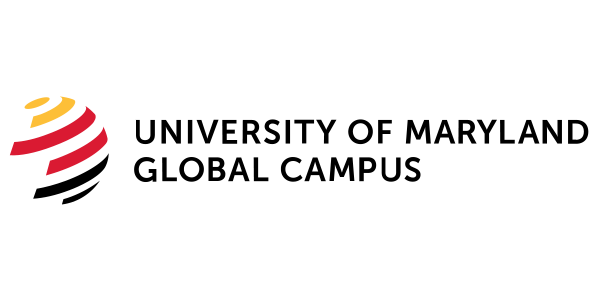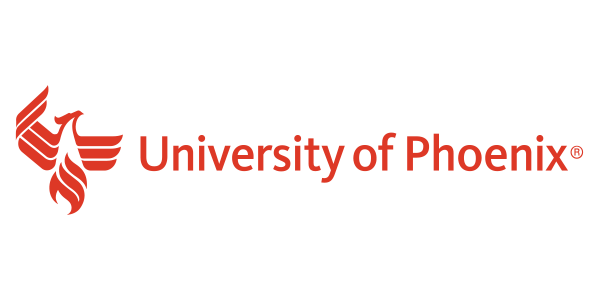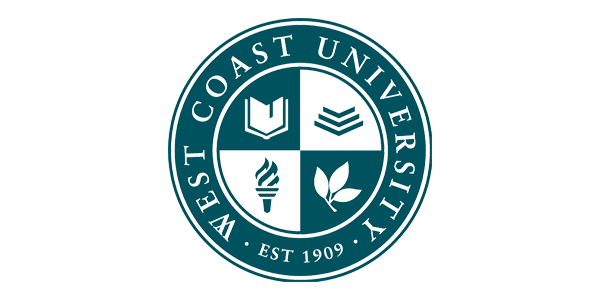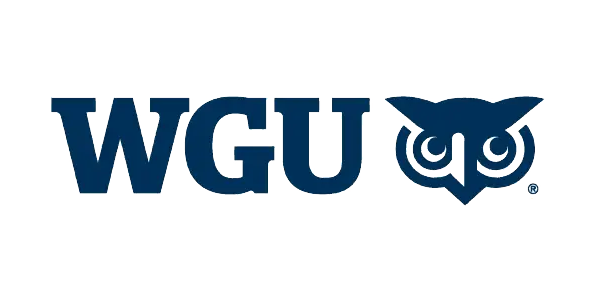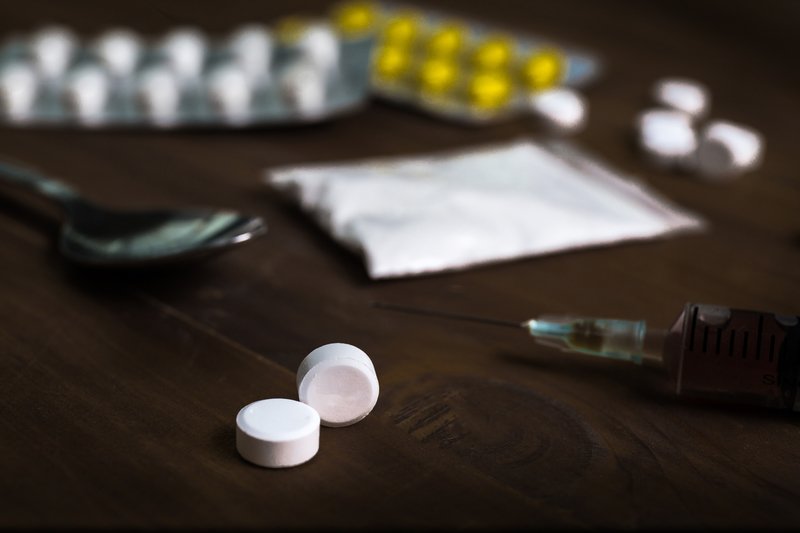
Substance Abuse
Overview
Substance Abuse is equivalent to a 1 semester, college-level course that covers and provides
a comprehensive overview of substance abuse and addiction.
This course is available live and on-demand through the online Nursing
, Other Degree , and Individual
Course Credits programs.
-
All Other Degrees
Course Type: Credit-By-Course
Credits: 3 Semester Credits
Category: Natural Science and Mathematics
Course Equivalence: College-Level Social Sciences or General Elective
Length: 4 Lectures + 1 Final Exam
Assessments: Weekly Quizzes and Final Exam (120 mins | 100 Questions)
About This Course
This course provides a comprehensive overview of substance abuse and addiction. The course examines the biological, psychological, and societal effects of the addictive process. Emphasis is placed on diagnosis, screening, and neurological factors affecting the major substances of abuse as well as the history, prevention, and treatment of addiction. The use of different treatment modalities is explored and the dynamics of co-occurring mental and addictive disorders.
Course Objectives
After completing this course, you will be able to:
- Demonstrate understanding of substance abuse and dependence including terminology, theories and models of abuse and dependence.
- Recognize demographics, of substance abuse and dependence, cost and impact to society, screening and diagnosis.
- Classify and categorize drugs.
- Describe and interpret pharmacological and neurophysiological principles.
- Summarize various drugs classes (alcohol, anti-anxiety, sedatives, inhalants, tobacco, psychomotor, opioids, cannabinoids, hallucinogens, antipsychotic drugs, anti-depressant’s, mood stabilizers, and other drugs of abuse) information-history, types, effects, use and administration, tolerance, withdrawal, overdose, dependency issues, prevention and treatment.
-
Nursing
Course Type: Credit-By-Exam
Credits: 3 Semester Credits
Category: Natural Science and Mathematics
Course Equivalence: College-Level Natural Science or General Elective
Length: 4 Lectures + 1 Final Exam
Assessments: 1 Exam at a DSST® Testing Facility (120 mins | 100 Questions)
About This Course
This course provides a comprehensive overview of substance abuse and addiction. The course examines the biological, psychological, and societal effects of the addictive process. Emphasis is placed on diagnosis, screening, and neurological factors affecting the major substances of abuse as well as the history, prevention, and treatment of addiction. The use of different treatment modalities is explored and the dynamics of co-occurring mental and addictive disorders.
Course Objectives
After completing this course, you will be able to:
- Demonstrate understanding of substance abuse and dependence including terminology, theories and models of abuse and dependence.
- Recognize demographics, of substance abuse and dependence, cost and impact to society, screening and diagnosis.
- Classify and categorize drugs.
- Describe and interpret pharmacological and neurophysiological principles.
- Summarize various drugs classes (alcohol, anti-anxiety, sedatives, inhalants, tobacco, psychomotor, opioids, cannabinoids, hallucinogens, antipsychotic drugs, anti-depressant’s, mood stabilizers, and other drugs of abuse) information-history, types, effects, use and administration, tolerance, withdrawal, overdose, dependency issues, prevention and treatment.
-
About InstructorLoreen Ruiz has been a registered nurse for over thirteen years. She attended Miami Dade Community College where she obtained her ASN and AA to later obtain her BSN at St. Petersburg College, and her MSN at Florida Atlantic University. She has worked in a multitude of specialties within the acute care settings, med-surge, telemetry, post-cardiac care, intermediate care, medical surgical ICU, surgical trauma ICU, transplant services with a focus on liver and kidney transplant, home health care, and outpatient GI specialty. During her career she climbed the ladder of success and became a clinical educator for two 42-bed telemetry units overseeing the educational needs of all staff members, a clinical manager and an interim Nurse Manager thereafter. Loreen has mentored many new nurses throughout her career, she was involved in a research study to assess patients in the ICU with delirium treated with Haldol vs Risperidal, she was also involved in the data collection for 24-hour dialysis, CVVHD, in the Trauma Unit to prove that this was a specialty and needed its own budget and special training, and she was the coordinator for new nurses orientation to the IMCU to assure additional training for safe and quality care to be provided to the acutely ill. Today, Loreen has become certified as a Family Nurse Practitioner with the ANCC and AANP and is practicing as a primary care nurse practitioner for a private internal medicine physician. Throughout her journey, Loreen touched and changed the lives of many patients and families. She has embraced Martha Roger’s theory of “pan-dimensionality”, a concept that the energy between patient and nurse is constant, she believed that a nurse is not just a nurse but a professional healer that on the entrance of a room carries an energy field around him/her which can make the experiences of patient care a true one.




